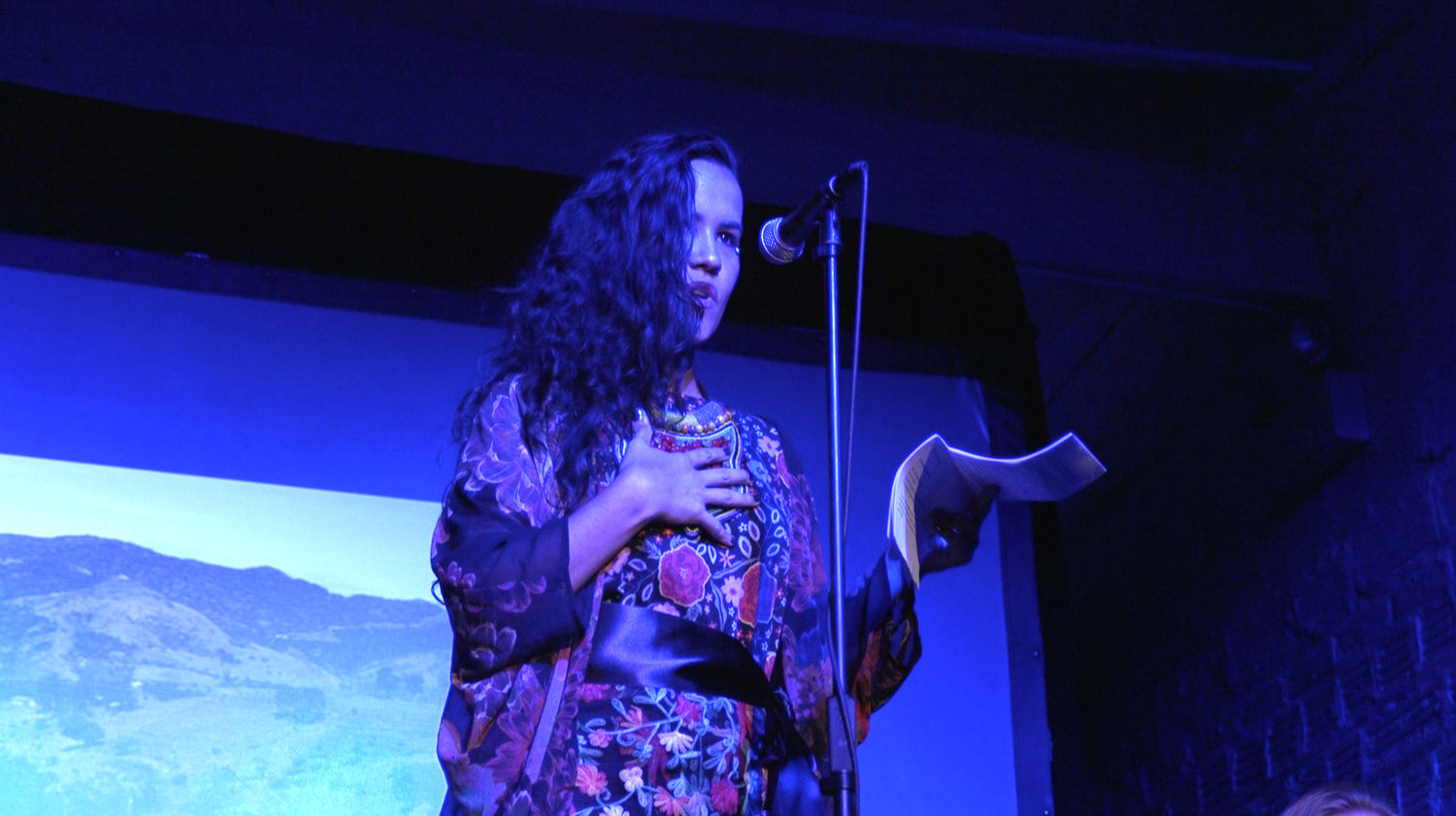
Photo by: Cat Laine, Painted Foot Studio
Photo by: Erin X Smithers
Shey 'Rí Acu' Rivera Ríos (they/them) is an interdisciplinary artist and cultural worker who uses storytelling across mediums to create immersive worlds of magic and liberation. Rivera has 14 years of experience in the nonprofit arts sector intersecting creative practice with urban planning and racial equity. Rivera was the former Artistic/Co-Director of AS220, a renowned arts organization and creative incubator in Providence, RI, and successor to AS220 founder Umberto Crenca. After 8 years at AS220, Rivera took on the role of Director of Inclusive Regional Development at MIT CoLab, in the Dept of Urban Studies and Planning of MIT, where they co-designed and implemented workshops on collective leadership and community innovation in Colombia. Today, Rivera is an independent artist and consultant specializing in the creative development of artist communities, the intersection of culture and urban planning, and arts management grounded on gender and racial justice. Rivera is the founder of Studio Loba in Providence, a storytelling lab that designs and produces art and culture projects that support social change. Notable projects include: Lead curator for El Corazón de Holyoke public art project, Mi Gente Public Art project in Providence, the transmedia and research-based art works MoralDocs and FANTASY ISLAND, the Luna Loba performance series, and the theatrical productions Antigonx (2022) and Fire Flowers and a Time Machine (2020). Rivera was born and raised in Borikén/Puerto Rico and is based in Providence, RI -land of Narragansett and Wampanoag peoples.
Artist Statement: I create digital and physical altars that interrupt colonial memory and liberate queer Boricua futurity. My work is transmedia, or narratives interwoven in multiple platforms and formats. I use digital art, performance, and installation to create a mejunje (mix) where magical realism and science fiction become doors to decolonial futures. My work responds to the impact of colonization today, inspired by my lived experience intertwined with the history of the land and people of Borikén (Puerto Rico), where I was born and raised. My creative practice has become my way of questioning and redefining democracy, challenging colonialism, and creating spaces for queer joy, imagination, and self-determination in the face of U.S. imperialism. I engage with creative practice as a form of repair and cultural grounding that can birth decolonial queer and Boricua futurities.


